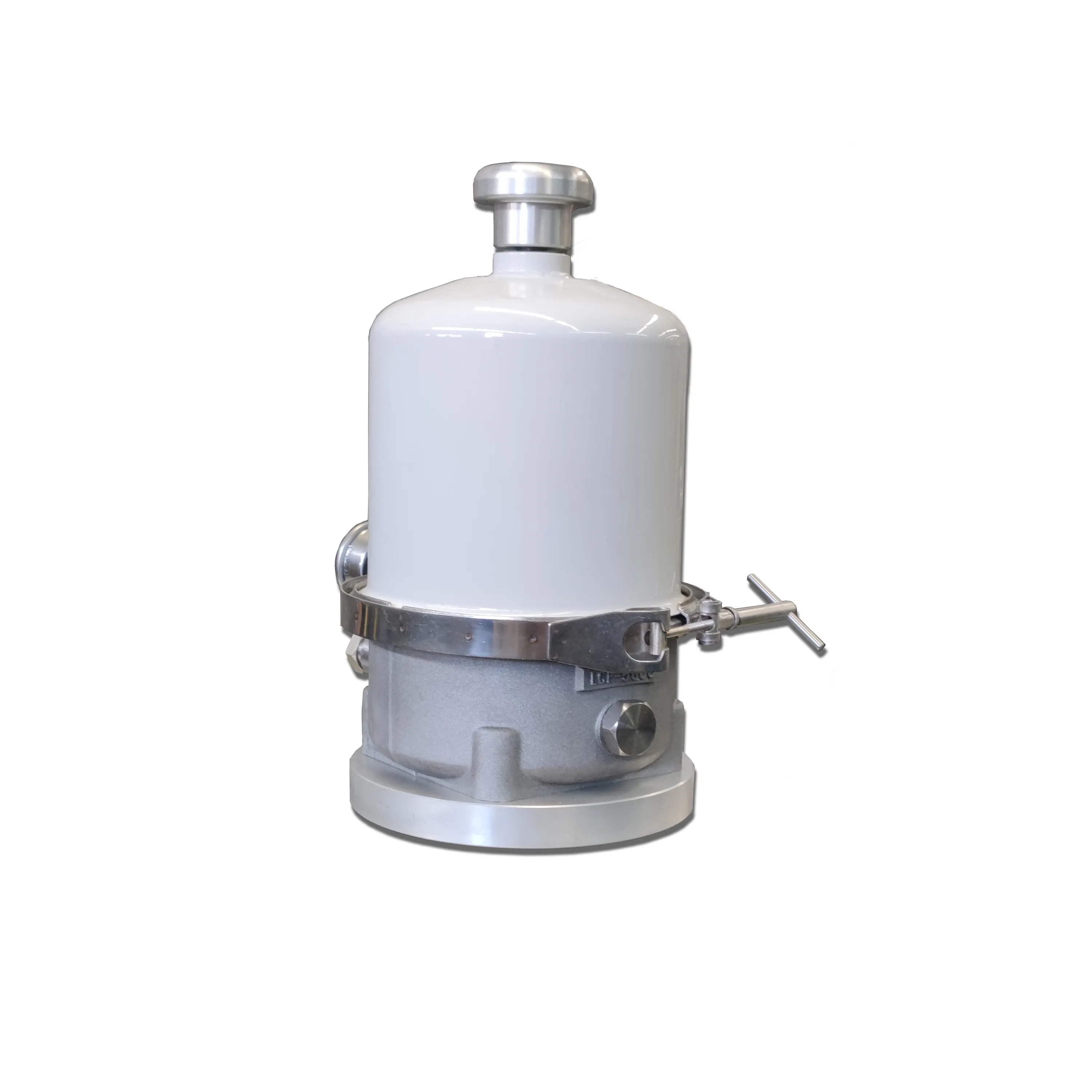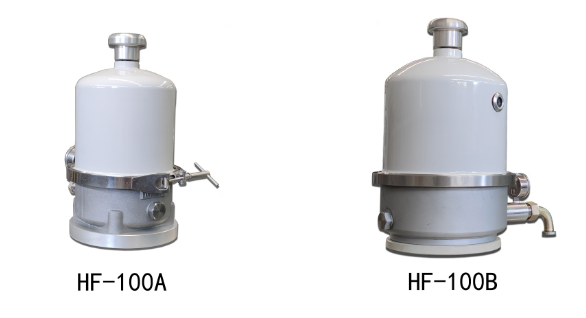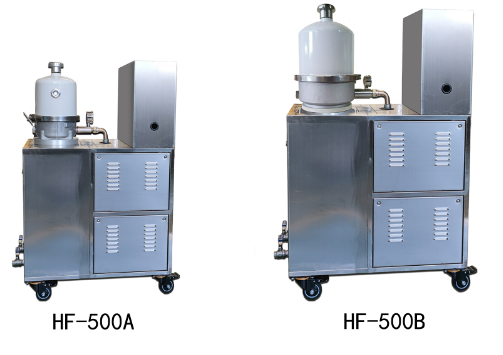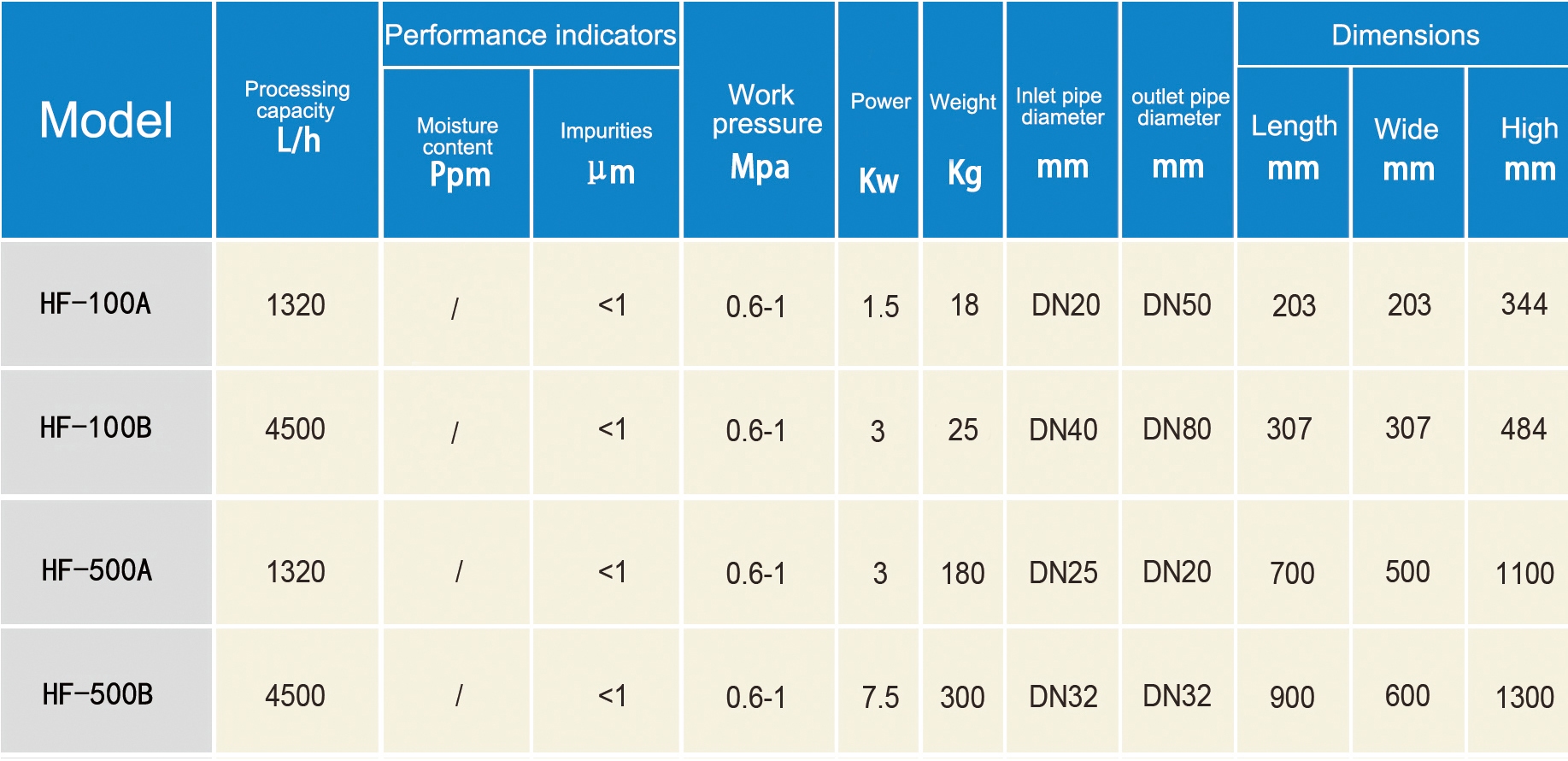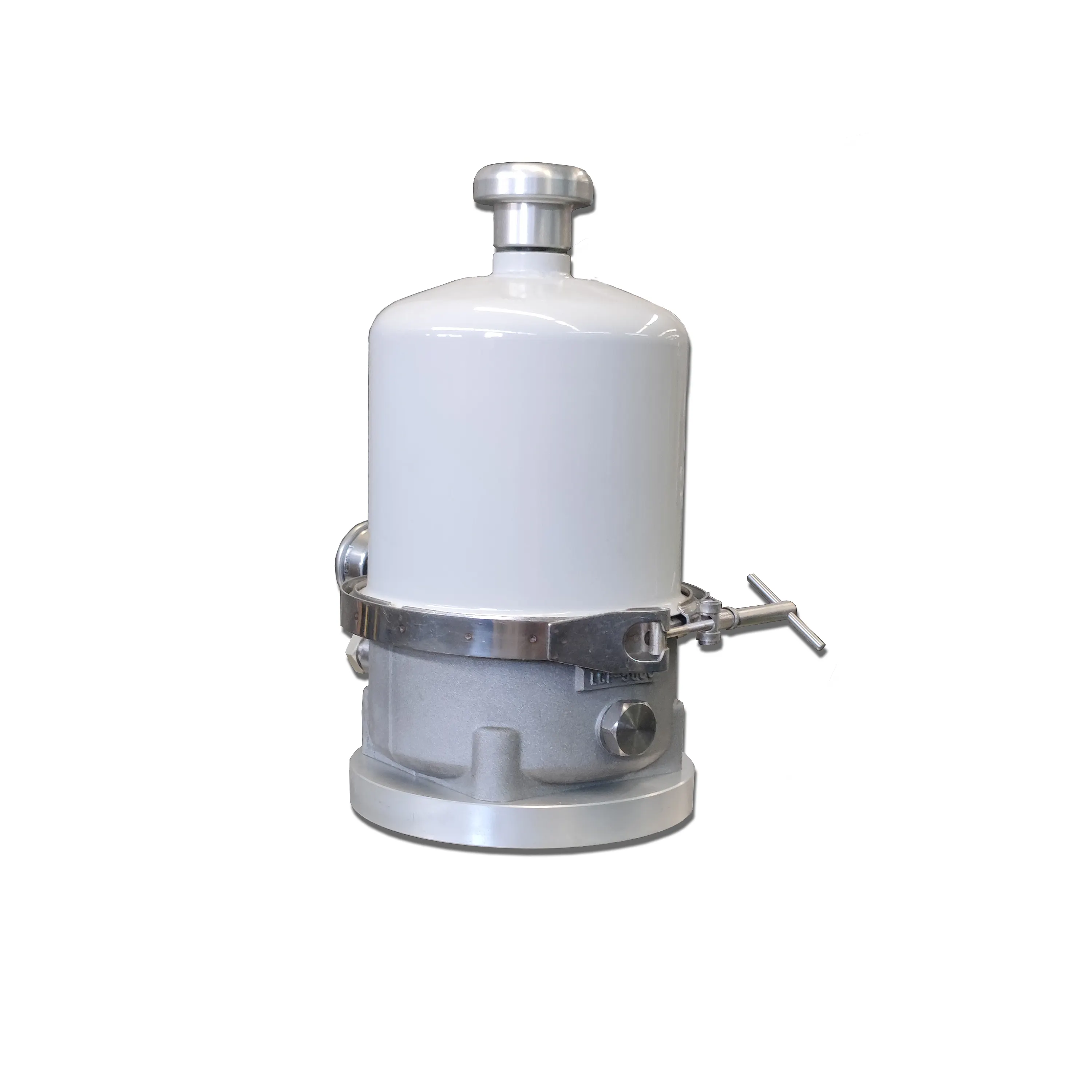
Oil purification system for cleaning oil
Oil purification systems are specialized equipment used to remove impurities and contaminants from various types of oils, including lubricating oils, hydraulic oils, transformer oils, and more. These machines are designed to maintain the cleanliness and quality of the oil, thereby enhancing the performance and lifespan of the equipment or machinery that relies on it.
Applications
Oil purification systems find applications in various industries, including automotive, manufacturing, power generation, aerospace, and more. They are used to maintain the cleanliness of oils in engines, hydraulic systems, turbines, transformers, and other equipment. By employing effective oil purification systems, industries can reduce equipment downtime, improve operational efficiency, extend the lifespan of machinery, and minimize the risk of costly repairs or replacements. The specific design and features of an oil purification system can vary depending on the intended application and the requirements of the oil being filtered.
Features
Horizontechnology's oil purification systems use the centrifugal separation method and have the following advantages:
High Efficiency: Centrifugal separation is highly efficient in removing solid particles and water from oil. It can effectively separate and collect contaminants of various sizes, ranging from large particles to submicron-sized particles. The centrifugal force generated during the process allows for efficient separation, resulting in clean oil.
Continuous Operation: Centrifugal separators can operate continuously, allowing for uninterrupted filtration and purification of oil. They can handle a continuous flow of oil without the need for frequent stoppages, making them suitable for applications that require continuous operation and minimal downtime.
Fast Processing: Centrifugal separation is a relatively fast method for oil filtration. The separation process occurs within a short period, allowing for quick turnaround times. This is particularly advantageous in industries where time-sensitive operations are involved.
Scalability: Centrifugal separators are available in various sizes and capacities, making them suitable for a wide range of applications. They can be scaled up or down to accommodate different flow rates and volumes of oil. This scalability allows for flexibility in implementing centrifugal separation in various industries and applications.
Reduced Maintenance: Centrifugal separators generally have fewer moving parts compared to other purification systems, which leads to reduced maintenance requirements. They are designed for reliable and long-lasting operation with minimal wear and tear. This helps to minimize maintenance costs and downtime associated with system maintenance.
Versatility: Centrifugal separators can be used for different types of oils, including lubricating oils, hydraulic oils, transformer oils, and more. They are suitable for a variety of industries such as manufacturing, power generation, automotive, marine, and aviation. The versatility of centrifugal separation makes it a widely applicable method for oil filtration and purification.
Extend Equipment Life: By efficiently removing contaminants from the oil, centrifugal separation helps to protect equipment and machinery from premature wear and damage. Cleaner oil with reduced particle contamination can extend the lifespan of critical components, such as bearings, gears, and seals, resulting in improved equipment reliability and reduced maintenance costs.
The most important point is that there is no need for high-temperature heating, no damage to the oil, and the filtered oil can reach the quality of new oil.
The importance of cleaning oil filtration
Oil purification systems play a crucial role in maintaining the cleanliness and quality of cleaning oil in various industrial applications. Cleaning oil is used to remove contaminants, residues, and debris from surfaces, machinery, and equipment. However, during the cleaning process, the oil can become contaminated with the removed particles and contaminants, which can compromise its cleaning effectiveness and potentially reintroduce contaminants back onto the surfaces being cleaned. Here is a professional perspective on the role of oil purification systems for cleaning oil:
Cleaning oil can accumulate a wide range of contaminants, including dirt, debris, metal shavings, sludge, and other particles. These contaminants can hinder the oil's ability to effectively clean surfaces and machinery. Oil purification systems are designed to remove these contaminants, employing mechanisms such as mechanical filtration, sedimentation, or centrifugal separation. By effectively removing contaminants, purification systems ensure that the cleaning oil remains clean and capable of providing optimal cleaning performance.
Cleaning oil can contain particles of various sizes, ranging from large debris to microscopic contaminants. Oil purification systems are designed to capture and remove particles of different sizes, ensuring that the oil remains free from abrasive or contaminating particles. By controlling the particle size distribution, purification systems help maintain the cleanliness and integrity of the cleaning oil, enhancing its cleaning efficiency and preventing potential damage to surfaces.
Water and moisture can be present in cleaning oil due to environmental factors, cleaning processes involving water, or moisture absorption. Water in cleaning oil can dilute its cleaning properties, reduce its effectiveness, and potentially cause surface corrosion or damage. Oil purification systems equipped with moisture removal capabilities, such as coalescing filters or vacuum dehydration units, help remove water and moisture from the oil, ensuring optimal cleaning performance and preventing moisture-related issues.
Effective oil purification systems for cleaning oil not only benefit the cleaning process but also have positive environmental implications. By removing contaminants from the cleaning oil, these machines help reduce the amount of waste generated and minimize the environmental impact. Additionally, some oil purification systems are designed to recover and recycle the filtered oil, further reducing waste and promoting sustainability.
Regular monitoring of the cleaning oil's condition and the performance of the purification system is essential to ensure optimal cleaning efficiency. Periodic oil sampling and analysis, as well as monitoring key parameters such as particle counts, viscosity, and cleanliness levels, provide insights into the effectiveness of the purification system. Adhering to recommended maintenance practices, such as filter replacement, system cleaning, and oil change intervals, is crucial to maintain the reliability and efficiency of the oil purification system.
